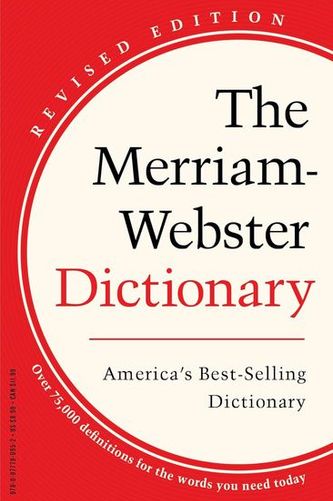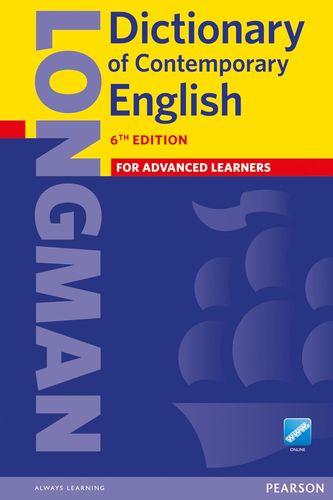About Tutor Martin
Cambridge Teaching Principles
Teaching Methods
Structured Term-Based Learning
Tutor Martin
Martin is a long-term independent English language tutor who prioritizes natural teaching ability combined with top-quality materials over formal qualifications. Over the years, he has been continuously refining his teaching methods, carefully selecting materials, and enhancing his overall teaching abilities to better meet the diverse needs of his students.
His focus lies in discovering and nurturing individual talents, identifying specific needs, and becoming a trusted consultant, mentor, and coach in their learning journey.
The ultimate achievement for Martin is when his students gain the confidence to navigate English-speaking environments internationally with ease, without questioning their language abilities.
He is deeply committed to teaching English while fostering leadership awareness, personal coaching, and mentoring, aiming to be a trusted adviser who provides unwavering support, thoughtful guidance, and practical advice whenever his students need it.
Cambridge Life Competencies Framework
Martin’s approach to teaching is deeply rooted in the Cambridge Life Competencies Framework, a philosophy that complements his belief in holistic education.
Here are three key reasons why Martin has chosen to align with this framework:
Fostering Individual Growth
Martin firmly believes that a world-class teacher’s role extends beyond academics. A teacher must discover each student’s unique needs and talents, guiding them to develop not only their skills but also their personalities. The Cambridge Life Competencies Framework aligns perfectly with this purpose, as it nurtures essential personal attributes while promoting academic growth.
Teaching Students to Think in English
Martin’s goal is not just to teach students how to use English but to help them think in English. By engaging students in tasks that involve critical thinking, creativity, and collaboration, this framework equips them to apply their language skills in real-life scenarios, empowering them to become confident, capable individuals.
Encouraging Lifelong Learning
The Cambridge framework supports Martin’s belief that a teacher’s influence is just a fraction of a student’s journey. By cultivating skills such as independent learning, adaptability, and a curiosity for knowledge, it ensures students develop a self-driven “taste for learning more” that lasts well beyond the classroom.
By integrating this framework into his teaching, Martin strives to provide students with the tools they need to thrive both personally and academically, fostering a lifelong passion for growth and discovery.

The Cambridge Life Competencies Framework includes seven key areas that are considered essential for holistic personal and academic development.
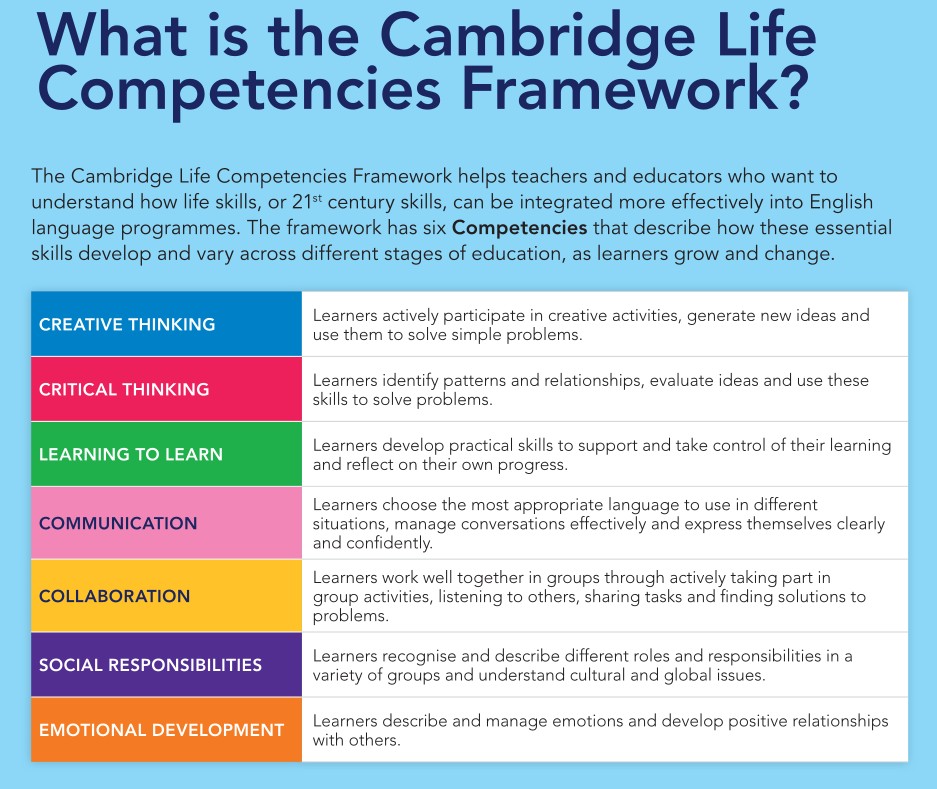
Cambridge English Scale
Understanding English qualifications is crucial as they provide a clear framework for learning outcomes and goals. They help students and educators track progress, set realistic targets, and ensure language skills align with global standards. Whether for academic, professional, or personal growth, these qualifications validate proficiency and open doors to opportunities in education, employment, and international communication.
Measuring progress in English learning is vital to ensure students are on track to achieve their goals and to identify areas needing improvement. Regular assessment provides valuable feedback, motivating learners and helping educators tailor instruction to individual needs. It also builds confidence by showcasing growth over time and ensures that learning remains aligned with desired outcomes, whether for exams, career aspirations, or real-world communication.
To provide accurate and reliable assessments, I use both the Common European Framework of Reference for Languages (CEFR) and the Cambridge English Scale, ensuring comprehensive alignment with internationally recognised language proficiency standards.
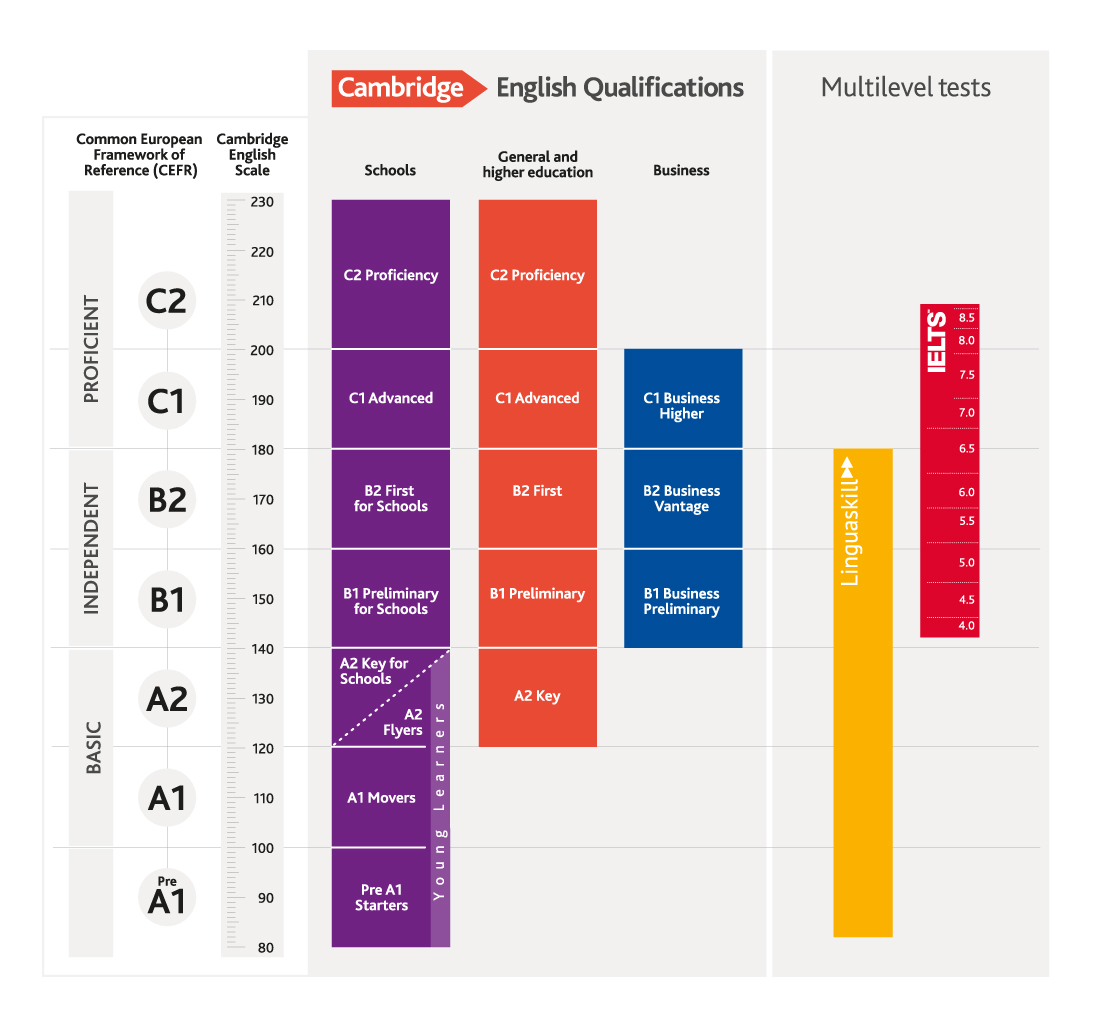
These frameworks offer a clear, standardised way to measure learners’ proficiency across key language skills—reading, writing, listening, and speaking—at every stage of their journey.
The Cambridge English Scale further refines this process, offering precise scoring that links directly to CEFR levels, providing a deeper understanding of learners’ abilities and progress.
The first picture illustrating the Cambridge English Scale comes from Cambridge, while the second, usefully produced by the British Council, further enhances understanding of English levels.
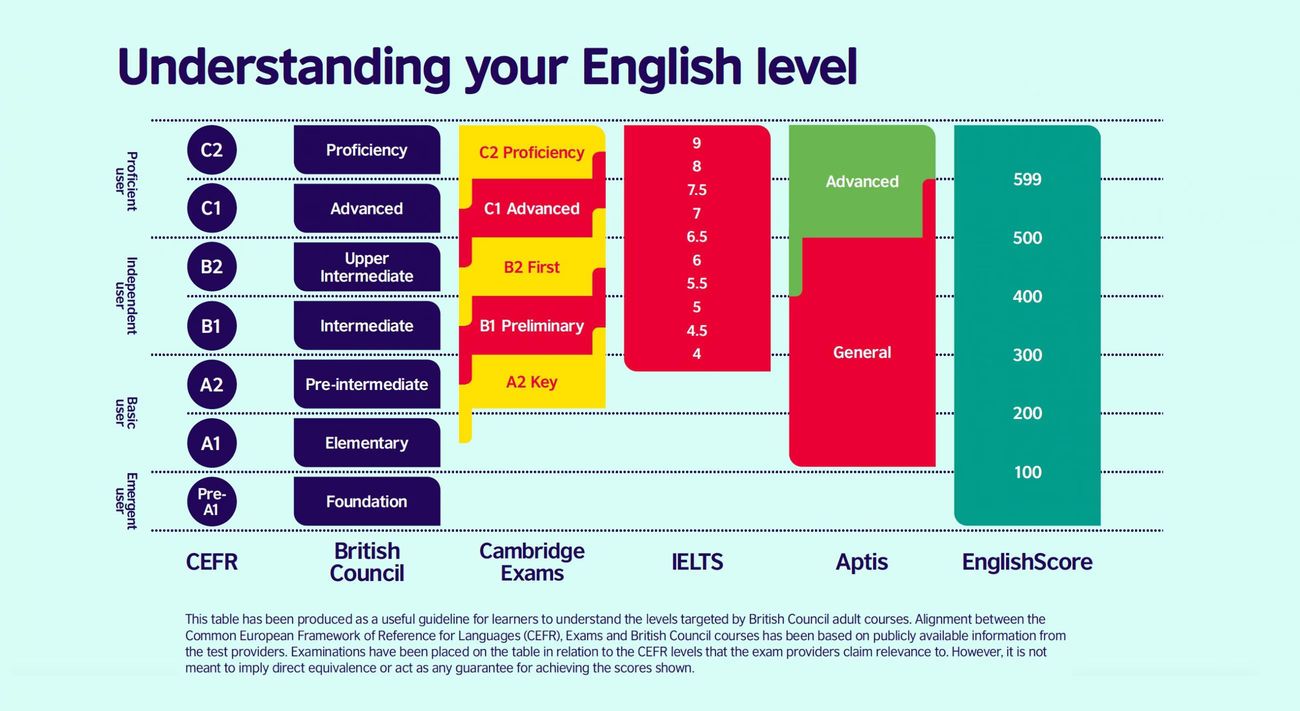
Oxford English Scale
The Oxford English Language Scale is a widely recognised proficiency framework developed by Oxford University Press to assess learners’ competence in English. Designed for educational institutions, employers, and learners worldwide, the scale provides clear benchmarks to accurately gauge English proficiency across the four core language skills: reading, writing, listening, and speaking.
More information:
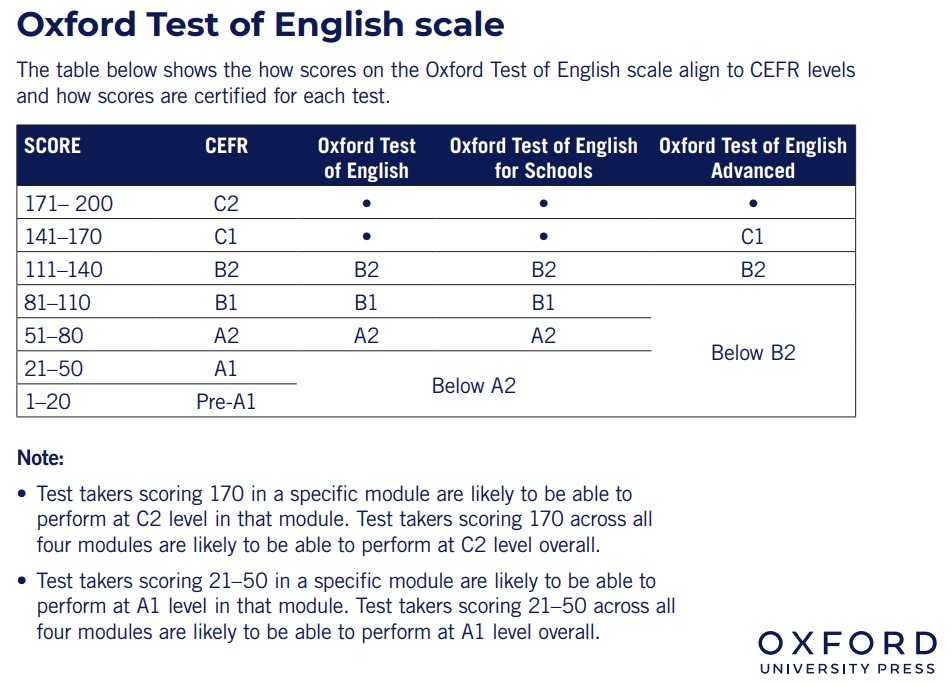
Placing Students by Age: Using the Cambridge Pathway
Determining whether a student falls into the primary, secondary, or advanced category often begins with understanding their age group. To simplify this process and provide clarity, Martin uses the Cambridge Pathway framework.
This globally recognised scheme helps classify students into age-appropriate categories, ensuring they align with the progression typically followed in the United States and the United Kingdom.
This approach divides learners into distinct categories:
- Early Years for ages 3-6
- Primary for ages 5-11
- Lower Secondary for ages 11-14
- Upper Secondary for ages 14-16
- Advanced for ages 16-19
While exact alignment with these age categories is not always possible when learning English as a second language, the Cambridge Pathway serves as an invaluable motivational tool for both students and parents.
Cambridge aligns to US grades pre-K-12
By referencing the structure that schools in the USA and UK adopt, families can better understand the progression of levels and ages expected in these countries. This perspective is particularly helpful for those who aspire to study abroad.
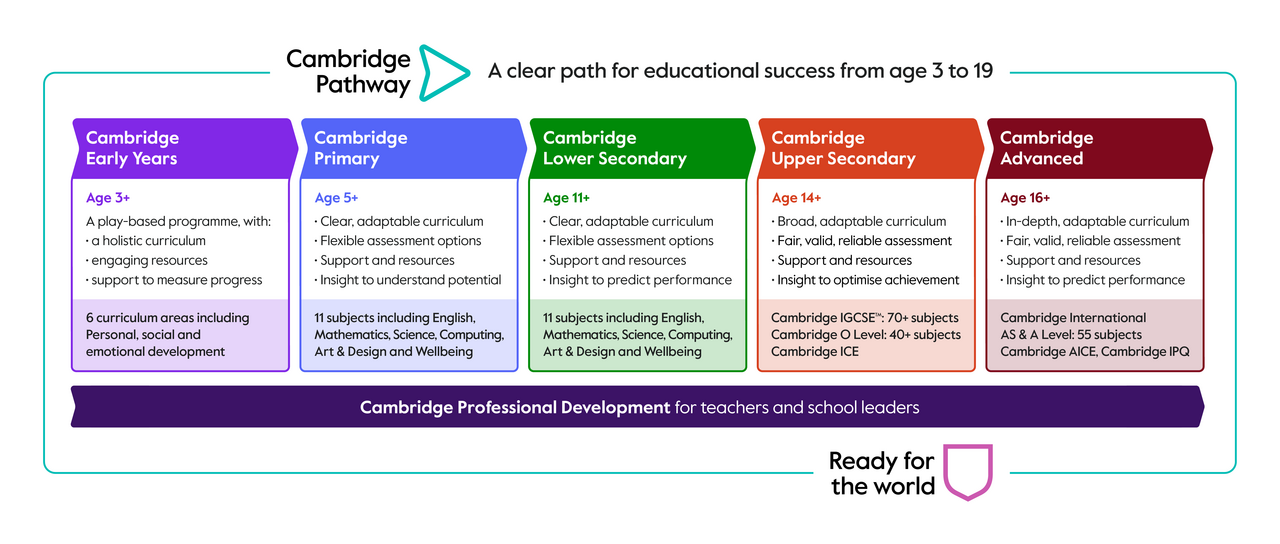
Content and Language Integrated Learning (CLIL)
Martin uses the Content and Language Integrated Learning (CLIL) method to make learning English both engaging and effective by combining language acquisition with subject-based content like science, history, or geography.
This innovative approach allows students to learn English naturally while mastering real-world topics, enhancing their vocabulary, grammar, and communication skills in a meaningful way.
Focus on Mastering Language Skills
This approach prioritises developing core language abilities—listening, speaking, reading, and writing—within the context of the English language. It emphasises grammar, vocabulary, pronunciation, and communication strategies to build a strong foundation in linguistic proficiency.
Focus on Mastering the Content
This method uses English as a medium to explore academic or real-world subjects, such as science or history. It helps students acquire knowledge while simultaneously enhancing their language skills, making learning more engaging and practical.
Rooted in the belief that language is best learned through purpose and context, Martin’s teaching philosophy focuses on creating an immersive, student-centred environment where English becomes a tool for exploration and discovery.
By using the CLIL method, Martin not only helps students achieve English language proficiency but also equips them with essential cognitive, cultural, and subject knowledge skills for future academic and professional success in a globally connected world.
Enhancing Learning with Monolingual Dictionaries
The use of monolingual dictionaries is a fundamental component of effective English language education. By providing definitions, explanations, and examples entirely in English, these dictionaries encourage learners to think in the target language rather than relying on translations.
Monolingual dictionaries expose learners to natural, context-based definitions and practical usage examples, helping them develop a deeper sense of word meaning and nuances.
They also promote the acquisition of synonyms, antonyms, and collocations, which are essential for building fluency and expanding language proficiency.
Additionally, working exclusively with English-language explanations strengthens critical thinking and problem-solving skills as learners engage actively with the language.
Below is a selection of my favourite monolingual English dictionaries, each offering unique features to support learners in building vocabulary, understanding nuances, and enhancing their communication skills.
- Cambridge Advanced Learner's Dictionary
- The Merriam-Webster Dictionary
- Oxford Advanced Learner's Dictionary
- Longman Dictionary of Contemporary English
- Collins English Dictionary
Embracing the Diversity of English
Whenever possible, Martin aligns with British English, as it reflects his personal preference and admiration for its cultural depth, clarity, and charm. However, he adopts a pluralistic approach, embracing both British and American English to prepare learners for the realities of a globalised world.
As English continues to evolve with immigration and the rise of multipolarity, international accents and global variations of English are becoming increasingly prominent. Recognising this transformation, Martin emphasises the importance of understanding and working with these diverse forms of English to foster effective and inclusive communication.
Martin’s ultimate goal is to help students not only navigate and appreciate the unique qualities of British and American English but also embrace the evolving, global nature of the language. By understanding international accents and the diverse ways English is used around the world, learners are better equipped to communicate confidently and inclusively in any context, reflecting the interconnectedness of today’s global society.
Philosophy of Teaching
Commitment to Research-Driven Excellence
With over 17 years of experience teaching international students from diverse backgrounds, Martin’s approach is grounded in cutting-edge educational research. By integrating insights from the neuroscience of language acquisition, the psychology of learner engagement, and other contemporary studies, he delivers instruction that is both evidence-based and highly effective.
Leading-Edge Resources for Superior Learning
To deliver a consistently outstanding learning experience, Martin selects materials from globally respected educational resources. Known for their academic excellence and practical relevance, these tools provide a solid foundation for effective and meaningful language learning.
Staying Ahead with Innovation
In a constantly evolving educational landscape, staying current is essential. Martin actively participates in seminars, workshops, and conferences, keeping abreast of the latest advancements in curriculum design, assessment strategies, and digital teaching tools.
Quality Over Quantity: Personalised Attention
To ensure meaningful progress, Martin limits his teaching to 10 students per semester, providing each learner with personalised guidance, tailored feedback, and focused support. This approach addresses individual needs, celebrates achievements, and fosters significant growth, creating an enriched and engaging learning experience.
Technology for Seamless Learning
Martin leverages the latest technology to deliver seamless and interactive online lessons, ensuring that students have access to engaging and effective instruction wherever they are. This flexible approach combines the best of both worlds—harnessing the power of technology while maintaining the personal touch that makes learning impactful.
Independent and Diverse Learning Experience
As an independent English tutor, Martin is not bound by affiliations with any publishers or specific educational programmes. This independence grants him the freedom to carefully select and curate the most effective materials from a variety of trusted sources.
This flexibility means students benefit from a rich diversity of resources. It also elevates the learning experience by integrating top-quality materials that align with individual goals, whether they involve improving conversational fluency, mastering academic English, or preparing for international exams.
By embracing this diversity, Martin can offer students a fresh and dynamic approach to learning English, equipping them with skills that extend far beyond traditional classroom methods and preparing them for the multifaceted challenges of a globalised world.
Learning Plans & Policies
English Fusion offers a structured and engaging way to learn English, guiding you through each step of your language journey. With three academic terms per year, you can study at a pace that suits you while ensuring steady progress.
Term Structure
- Spring Term (January – April)
- Summer Term (May – August)
- Autumn Term (September – December)
- Individual Plan – Learn on Your Own Schedule
Lesson Packages & Structure
To ensure consistency, lessons are available in packages of 12 (or multiples of 12) per term or as part of the Individual Plan:
- Standard Package – 12 lessons per term (1 lesson per week)
- Extended Package – 24 lessons per term (2 lessons per week)
- Intensive Package – 36 lessons per term (3 lessons per week)
Get Started
Email us with a brief overview of your (or your child’s) English level, learning goals, and lesson preferences, and we’ll create a personalised plan to support your progress!

